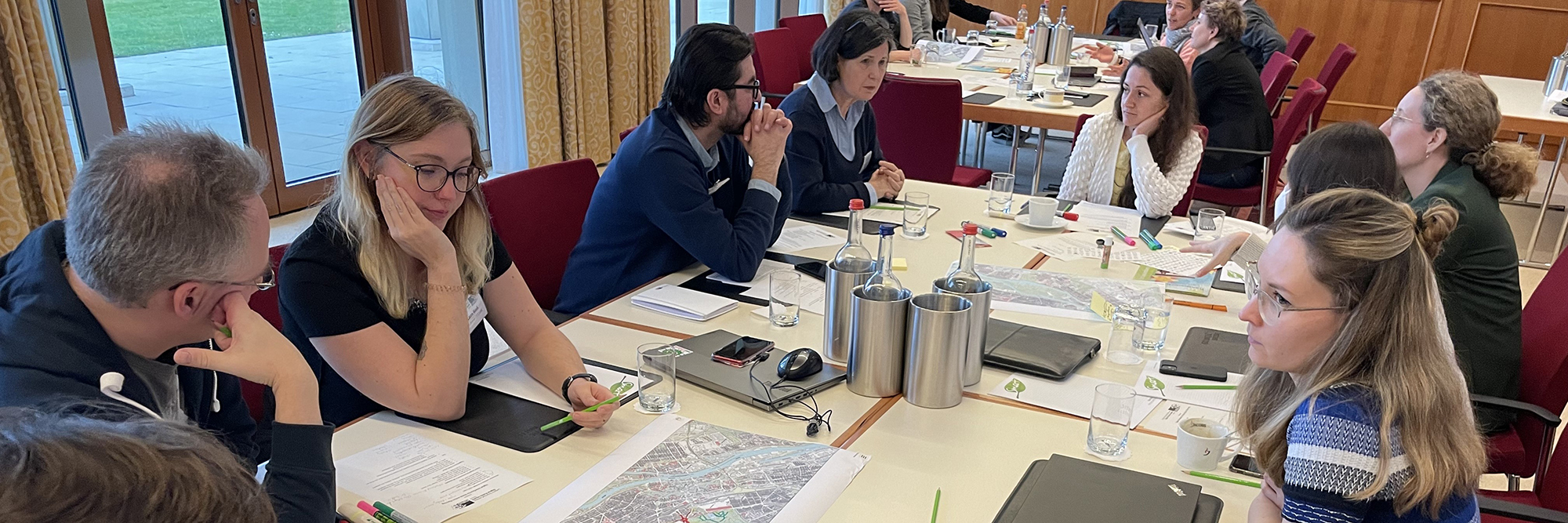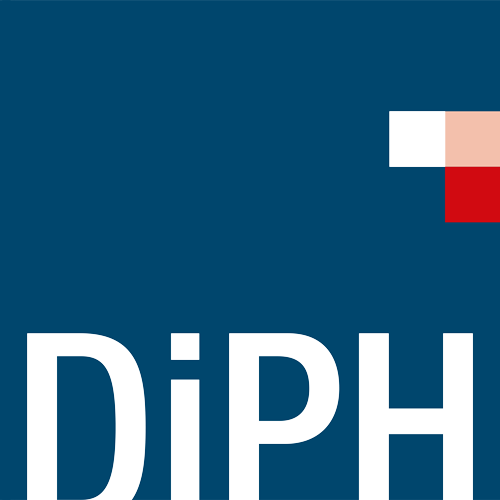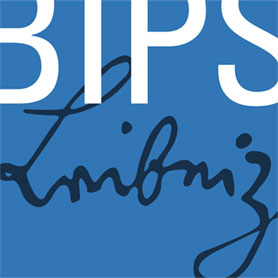Research Clusters
Here you can find an overview of the three research clusters and the corresponding working groups. In each working group, multiple interdisciplinary experts collaborate and co-supervise an early career researcher (PhD or postdoc). Clusters meet on a regular basis, coordinated by one postdoc each (allocated to one of the working groups following a competitive call for applications). The main deliverables for each RC are scalable concepts or intervention components that address the overall RC aims. Based on the experiences from phase 1, we expect other scientists to become engaged in different working groups.

Research Cluster 1: Digital Divide and Health Equity
This Research Cluster aims to provide solutions to bridge the digital divide and increase digital health equity. Research in this RC investigates digital health literacy, new approaches to participatory development of DiPH approaches, and challenges that the public health (PH) workforce faces with increasing digitalization. It investigates how inequality both between and within countries and societies can be described and addressed.
Digital health literacy lies at the core of the digital divide, i.e., the unequal distribution of access to and skills for interacting with digital health technologies. WG1 will conduct in-depth studies to develop intervention strategies, making use of opportunities for community-based studies provided by the Leibniz Living Lab in Bremen.
Scientists: Hajo Zeeb, Tilman Brand, Benjamin Schüz, Johannes Schöning
Research Cluster 2: Digitalization in Primary and Secondary Prevention
This Research Cluster aims to generate quality standards for digital tools and pilot their implementation to address major public health problems. Due to the dynamics in the field, there is a lack of established indicators for decision making and of suitable methods for the evaluation of digital tools. Systematic research is missing on the transferability of analogue concepts in public health into digital formats and into complementary aspects. Furthermore, systematic research will allow to provide the PH workforce with the skillset needed to apply evidence-based principles to DiPH in the field.
Valid indicators for implementation and equity issues in digital public health are needed, both on policy, health systems, and individual levels. Policy structures such as communities differ in regard to their readiness to implement digital prevention. WG4 develops indicators to assess both policy and individual-level implementation of digital prevention tools, test, and evaluate implementation strategies. The DiPH framework provides guidance for this work.
Scientists: Heinz Rothgang, Karin Wolf-Ostermann, Ansgar Gerhardus
Research Cluster 3: Human-Digital Interactions in DiPH
This Research Cluster aims to provide approaches to improve how humans interact with digital health technology and digital health information, focusing on data protection, privacy and ethical alignmen. Health risks resulting from interacting with digital environments will be addressed, as well as novel mobile and extended reality technologies and their potential for DiPH. We will investigate issues associated with the spread of health-related misinformation in social media and the lack of trust in evidence-based online health information.
The online environment can pose substantial health risks, through exposure to e.g. unrealistic ideals of beauty and body, or online bullying. These exposures disproportionally affect youth, younger adults and marginalized populations. WG8 systematically categorizes online risk exposures and links these to existing and novel mitigation strategies, including policy and regulation.
Scientists: Wolfgang Ahrens, Antje Hebestreit, Rieder, Winzer






